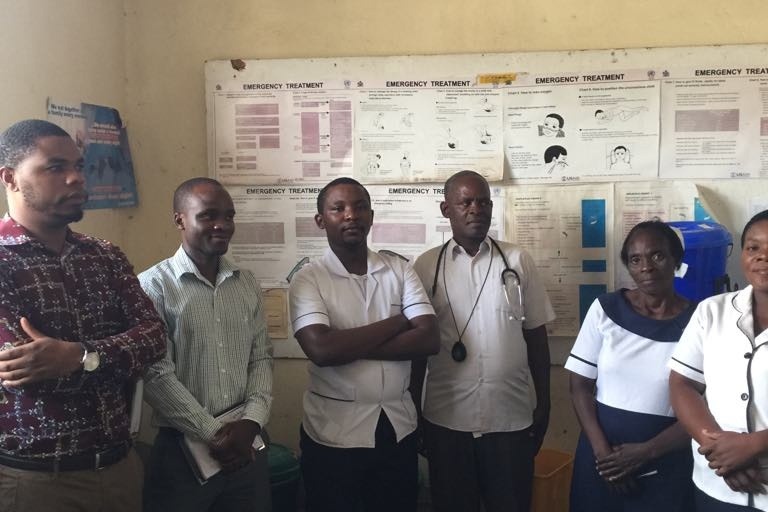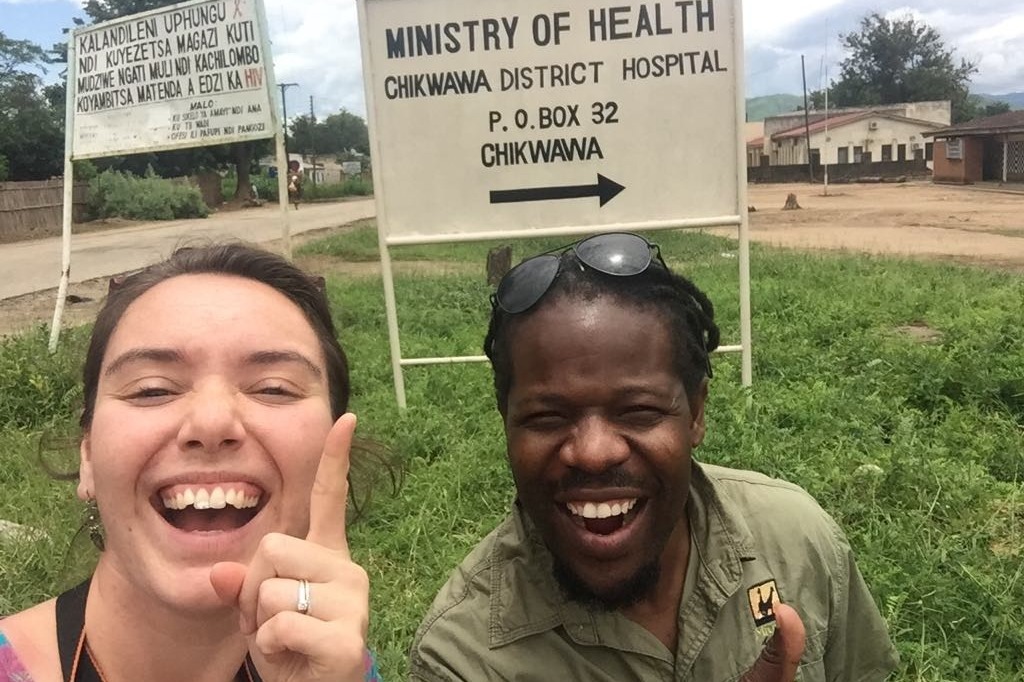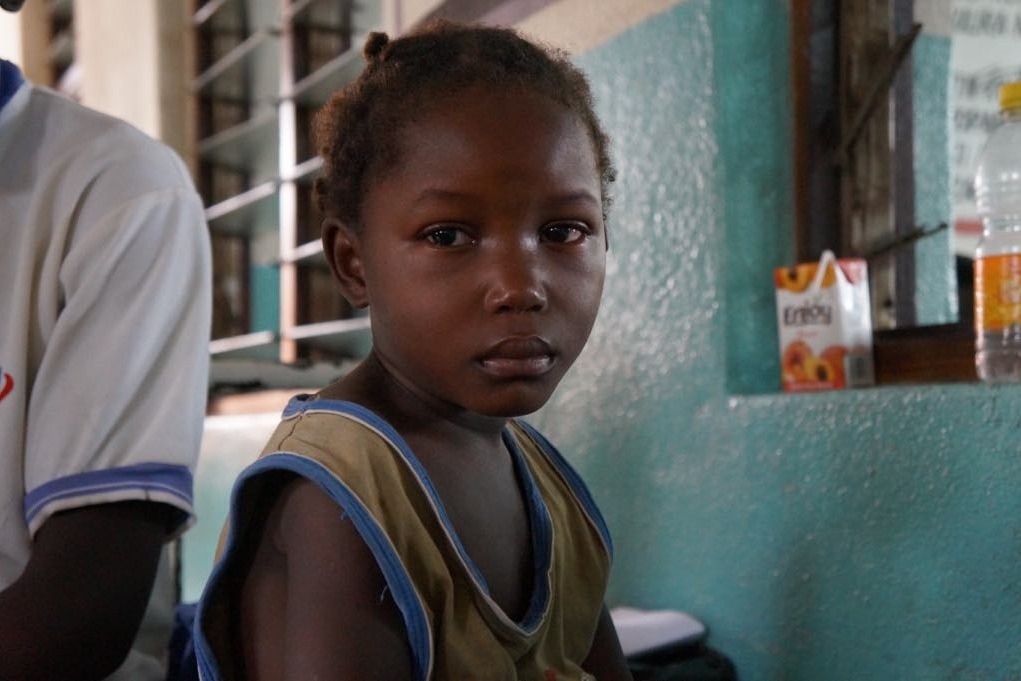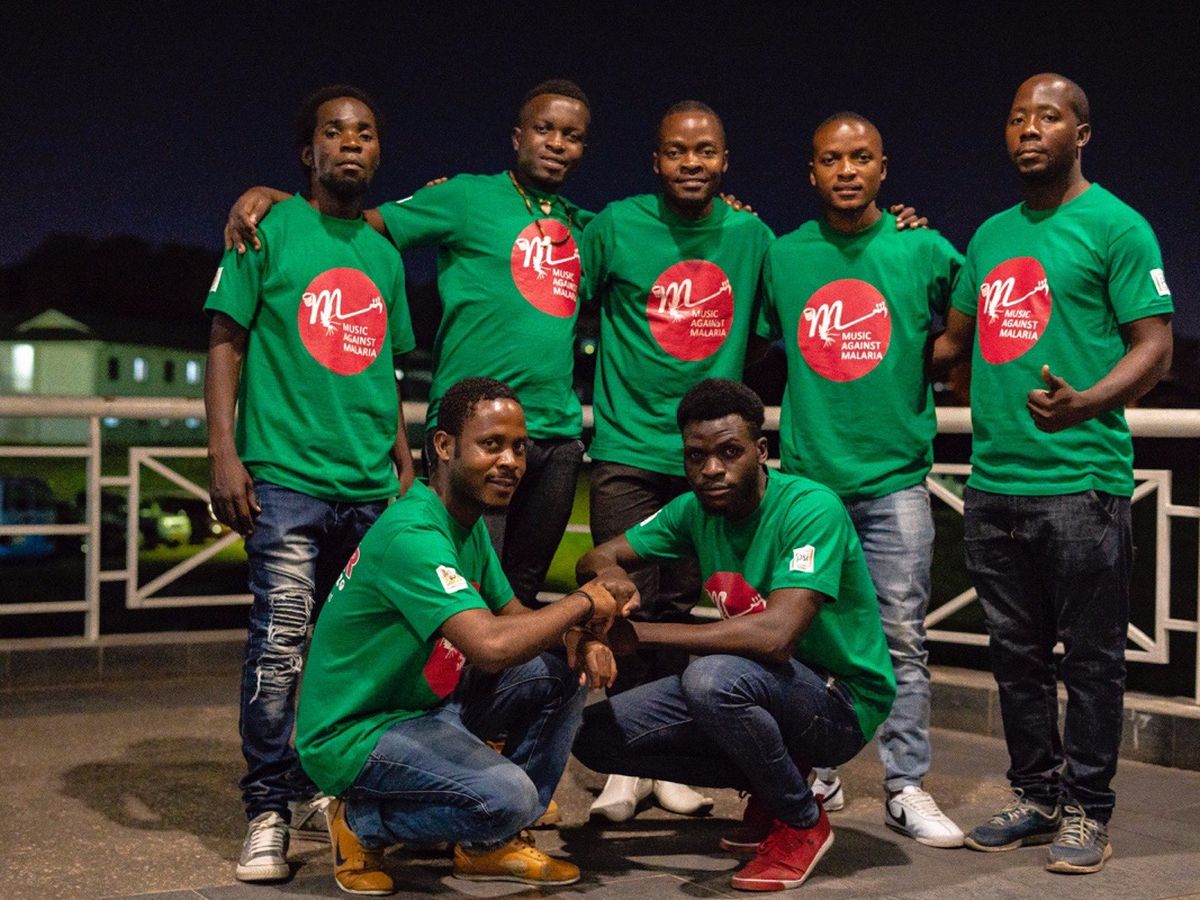






 Overview:
Overview: Music against Malaria (MAM) is a newly formed NGO, using the art form of music to drive an annual fundraising campaign to raise funds to refurbish malaria clinics in Malawi. Our goal is to have a functioning pediatric clinic in every district in Malawi. MAM is a registered Malawian NGO and an approved member of CONGOMA (Council for Non-Govermental Organizations in Malawi).
In 2019, MAM will focus its fundraising campaign on the refurbishment of the pediatric accidents and emergency (A&E) department at Chikwawa District Hospital in the southern region of Malawi.
Hospital Background
Chikwawa District Hospital, built in 1937, is located 55kms southeast of Queen Elizabeth Central Hospital in Blantyre. It is the main secondary level health facility for a population of 560,000 in the Lower Shire district of Chikwawa.
Chikwawa remains one of the high burden malaria districts in Malawi with an incidence of 193 per 1,000 people. Out of 19,347 under five OPD cases in 2017/18, 37% were due to malaria and approximately 30% of admission and mortality among children under five was attributable to malaria over the same period.
Pediatric Outpatient and Admission Needs
Together with the Chikwawa District Health Officer responsible for the hospital, MAM conducted a needs assessment and determined that the hospital has immediate needs as well as a longer term vision including infrastructure development and refurbishment. The immediate needs include equipment that will provide the medical team with the basic supplies that they require to provide care to the pediatric patients.
This equipment includes, but is not limited to, patient trolleys (gurneys) ,that will facilitate the movement of the children from the outpatient department(OPD) to admission room. Currently, these sick children are being carried in the arms of their guardians. The details of the urgently needed equipment are provided below:
Item name: Oxygen concentrators
Number of items: 6
Cost per item (USD): US$1,971
Total Cost (USD): US$11,824
Total Cost(MWK): MWK 8,631,000
Item name: Drip stands(IV stands)
Number of items: 6
Cost per item (USD):US $211
Total Cost (USD):US$1,267
Total Cost(MWK): MWK 924,750
Item name: Electric suction machines
Number of items: 2
Cost per item (USD): US$1,165
Total Cost (USD): US$2,329
Total Cost(MWK):MWK 1,700,000
Item name: Patient monitors
Number of items: 6
Cost per item (USD): US$1,781
Total Cost (USD): US$10,685
Total Cost(MWK): MWK 7,800,000
Item name: Patient trolleys(gurneys)
Number of items: 2
Cost per item (USD): US $343
Total Cost (USD):US $685
Total Cost(MWK): MWK 500,000
TOTAL COST FOR CHIKWAWA DISTRICT HOSPITAL SUPPLIES:
MWK19,555,750
US $26,790
MALARIA STORIES --- by Terrie Taylor, Scientific Director of Blantyre Malaria Project & Professor at Collage of Osteophatic Medicine, Michigan State University.
"The malaria parasite is a wily foe. It has managed to evolve along with us, its human host, so that in most cases, the parasite exists in human red cells without causing any symptoms. This suits the parasite very well because it will be transmitted to mosquitoes, it will reproduce and recombine in the mosquito, and when that mosquito bites another human, the cycle continues.
From time to time, some of those who are infected develop symptoms: fever, chills, headache, nausea, vomiting. If that illness is treated promptly with effective antimalarial drugs, that is the end of the story. The patient’s blood is cleared of the parasite, and the life cycle is stopped in its track.
When prompt treatment is not available, a small proportion of those with an acute malaria illness progress to the condition we have been studying on the Paediatric Research Ward at QECH since 1987: cerebral malaria. Many of the smaller blood vessels in the brain become congested with parasitized red cells, and the patients develop seizures and coma --- and if the condition is untreated, it is inevitably fatal.
On the Paediatric Research Ward, our mortality rate for patients with CM is one of the lowest anywhere in the world: 15%. Why is that?? Much of the credit goes to the nursing staff.
They have all become skilled in providing care to cerebral malaria patients. When patients have high fevers, they administer paracetamol and/or brufen. They know how to perform the Blantyre Coma Score assessment, and they notify the clinicians right away if the score drops. They can recognize when the palms are pale (a sign of anemia); they can start “drips” and administer blood transfusions. They recognize subtle signs of seizures and, when prescribed by a clinician, administer drugs like phenobarbitone. They make sure that the antimalarial drugs (IV artesunate followed by LA) are administered on time. Most importantly, they develop supportive relationships with the caregivers on the ward, answering questions, and providing encouragement and education.
The current nursing team on the PRW consists of Anita Gumbi (in charge), Thandiwe Bvumbwe, Bertha Chikaonda, Milcent Chimtsanya, Sylvester June, Elizabeth Kalanga, Polysana Makwenda, Ida Nkhonjera, Tusekire Phiri, Cynthia Puma, and Monica Sapuwa. We thank them all for their dedication and skill."
Image: Nurses reviewing patient notes on the Research Ward, in conjunction with Dr. Karl Seydel. Moving clockwise: Cynthia Puma (blue sweater), Bertha Chikaonda, Tusekire Phiri, Thandiwe Bvumbwe, Ida Nkhonjera, Karl Seydel, and Eliza Kalanga.


